In today’s bustling world, it is essential to nurture children’s creativity and provide them with a safe, engaging environment. Children’s plastic kitchen utensils offer a fantastic opportunity for learning, role-playing, and cultivating essential life skills. This article will explore the numerous benefits of these utensils and how they contribute to a child’s development. 1. Safety Comes First: Children’s plastic kitchen utensils are designed with safety as the top priority. Made from food-grade, non-toxic materials, they eliminate the risk of cuts associated with sharp metal utensils. Accidents can be minimized, and parents can rest easy knowing that their little ones can explore their culinary curiosity under a watchful eye. 2. Promoting Healthy Eating Habits: Introducing children to the world of cooking can make them more receptive to healthy foods. Children’s plastic kitchen utensils can encourage the involvement of little chefs during meal preparation, leading to increased interest in nutritious meals and fostering a positive relationship with food for years to come. Simple tasks like stirring, mixing, and pouring can instill an appreciation for cooking and help kids develop a taste for a variety of ingredients.
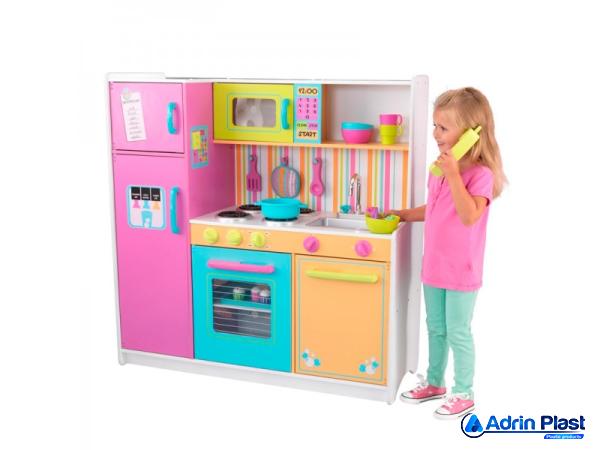
.
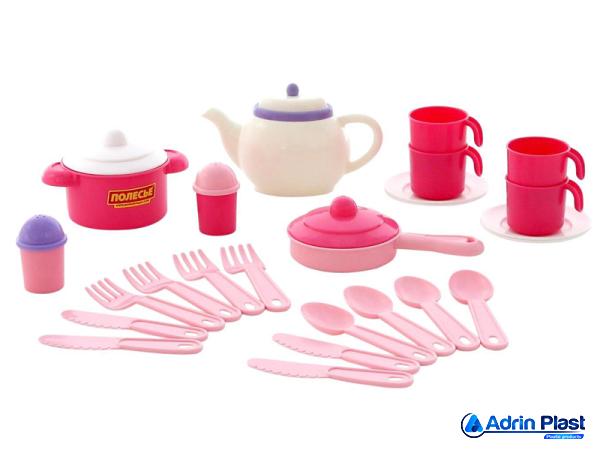 3. Building Motor Skills: Children’s plastic kitchen utensils play a vital role in developing fine motor skills. From grasping utensils to manipulating ingredients, children are exposed to a variety of sensory experiences that enhance coordination and dexterity. Stirring, whisking, and pouring water all contribute to muscle development as children engage in these activities. This hands-on approach enables them to build essential capabilities essential for future endeavors. 4. Enhancing Creativity and Imagination: Playing with plastic kitchen utensils allows children to unleash their creativity and imagination. With these tools, children can experiment with mixing colors, textures, and flavors, creating their edible masterpieces. Role-playing as chefs or restaurant owners can further enhance their social and communication skills. These experiences can also instill confidence and empower children to express their ideas and preferences.
3. Building Motor Skills: Children’s plastic kitchen utensils play a vital role in developing fine motor skills. From grasping utensils to manipulating ingredients, children are exposed to a variety of sensory experiences that enhance coordination and dexterity. Stirring, whisking, and pouring water all contribute to muscle development as children engage in these activities. This hands-on approach enables them to build essential capabilities essential for future endeavors. 4. Enhancing Creativity and Imagination: Playing with plastic kitchen utensils allows children to unleash their creativity and imagination. With these tools, children can experiment with mixing colors, textures, and flavors, creating their edible masterpieces. Role-playing as chefs or restaurant owners can further enhance their social and communication skills. These experiences can also instill confidence and empower children to express their ideas and preferences.
..
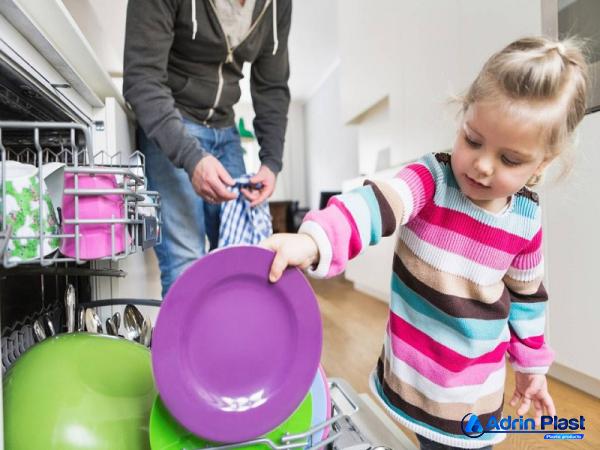 5. Educational Benefits: Children’s plastic kitchen utensils offer excellent opportunities for learning. Children can practice counting, measuring, and experiment with fractions, introducing basic math concepts in a practical and exciting way. Furthermore, identifying different utensils, their functions, and proper handling teach kids essential vocabulary and organizational skills. 6. Improved Emotional and Cognitive Development: Cooking sparks a sense of accomplishment and pride, leading to heightened self-esteem and emotional development. Following recipes, measuring ingredients, and experiencing the rewarding end results boost a child’s cognitive abilities, enhancing problem-solving skills and attention to detail. Moreover, the collaborative nature of cooking fosters teamwork, empathy, and patience, promoting social skills and emotional intelligence. Conclusion: Children’s plastic kitchen utensils provide a safe, stimulating environment that empowers children to explore their creativity, develop key life skills, and promote healthy habits.
5. Educational Benefits: Children’s plastic kitchen utensils offer excellent opportunities for learning. Children can practice counting, measuring, and experiment with fractions, introducing basic math concepts in a practical and exciting way. Furthermore, identifying different utensils, their functions, and proper handling teach kids essential vocabulary and organizational skills. 6. Improved Emotional and Cognitive Development: Cooking sparks a sense of accomplishment and pride, leading to heightened self-esteem and emotional development. Following recipes, measuring ingredients, and experiencing the rewarding end results boost a child’s cognitive abilities, enhancing problem-solving skills and attention to detail. Moreover, the collaborative nature of cooking fosters teamwork, empathy, and patience, promoting social skills and emotional intelligence. Conclusion: Children’s plastic kitchen utensils provide a safe, stimulating environment that empowers children to explore their creativity, develop key life skills, and promote healthy habits.
…
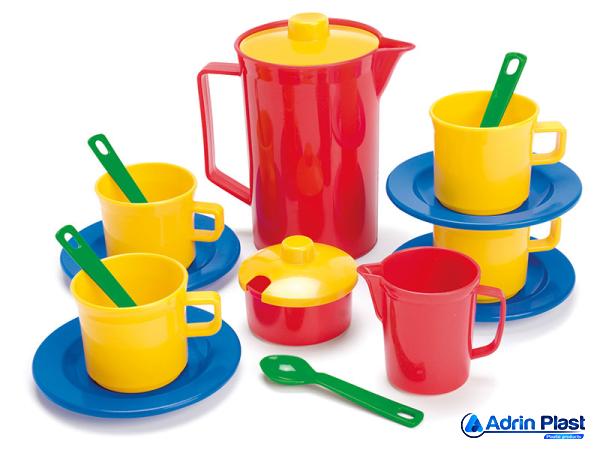 From motor skills to cognitive development, these utensils are a valuable tool for cultivating well-rounded individuals. With their immense educational and emotional benefits, children’s plastic kitchen utensils are an investment in a child’s growth and future success.As parents and educators, it is crucial to recognize the value that children’s plastic kitchen utensils bring to a child’s development. By providing them with these tools, we not only encourage their curiosity and imagination but also equip them with essential skills that will serve them well throughout their lives. It is important to note that while these utensils are made of plastic, they are designed to mimic real kitchen tools, ensuring that children get an authentic experience. From spatulas and whisks to measuring cups and mixing bowls, these utensils are crafted to be age-appropriate, ensuring that children can handle them comfortably and safely. Furthermore, children’s plastic kitchen utensils are often available in vibrant, appealing colors. This visual aspect adds to the joy of cooking, making it a fun and engaging activity for children.
From motor skills to cognitive development, these utensils are a valuable tool for cultivating well-rounded individuals. With their immense educational and emotional benefits, children’s plastic kitchen utensils are an investment in a child’s growth and future success.As parents and educators, it is crucial to recognize the value that children’s plastic kitchen utensils bring to a child’s development. By providing them with these tools, we not only encourage their curiosity and imagination but also equip them with essential skills that will serve them well throughout their lives. It is important to note that while these utensils are made of plastic, they are designed to mimic real kitchen tools, ensuring that children get an authentic experience. From spatulas and whisks to measuring cups and mixing bowls, these utensils are crafted to be age-appropriate, ensuring that children can handle them comfortably and safely. Furthermore, children’s plastic kitchen utensils are often available in vibrant, appealing colors. This visual aspect adds to the joy of cooking, making it a fun and engaging activity for children.
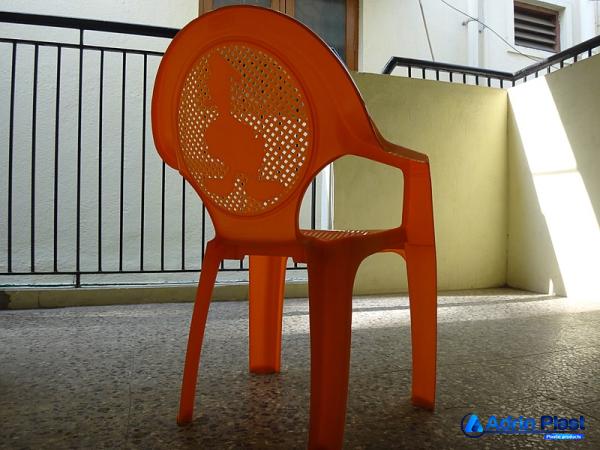
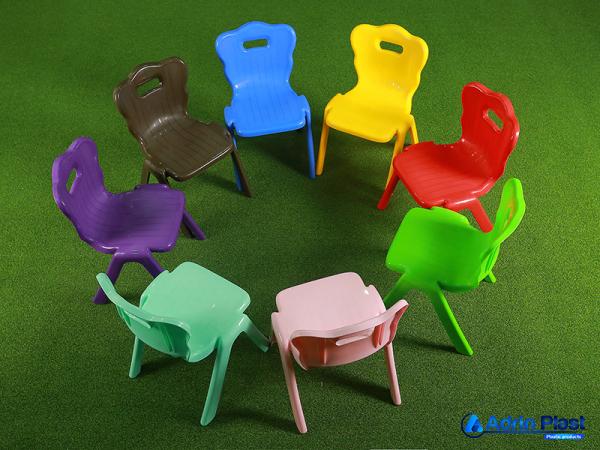
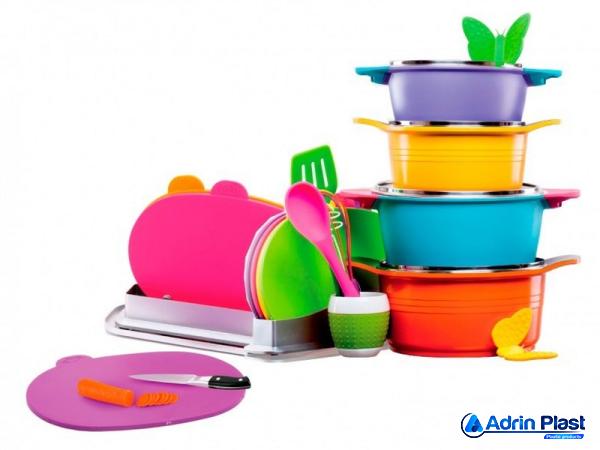
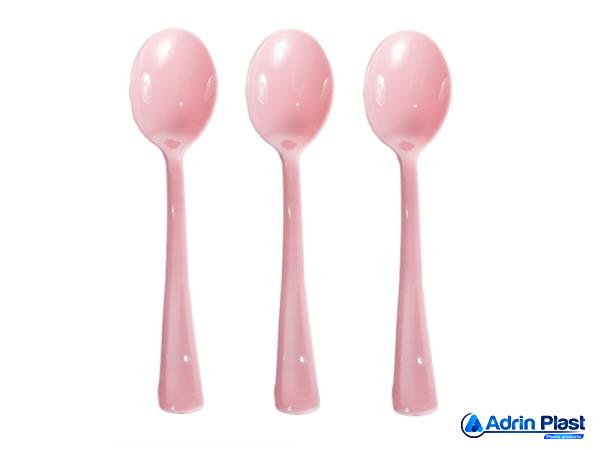
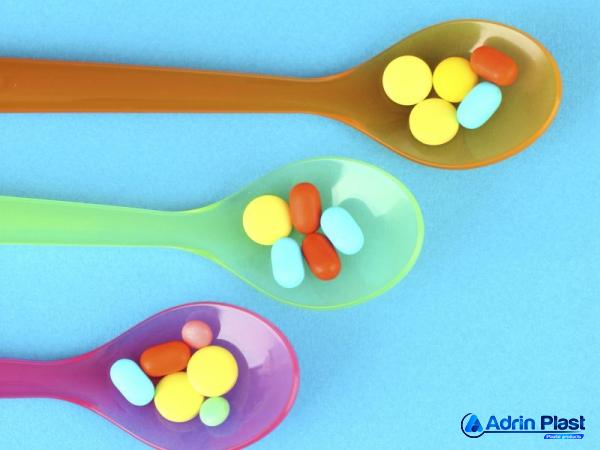
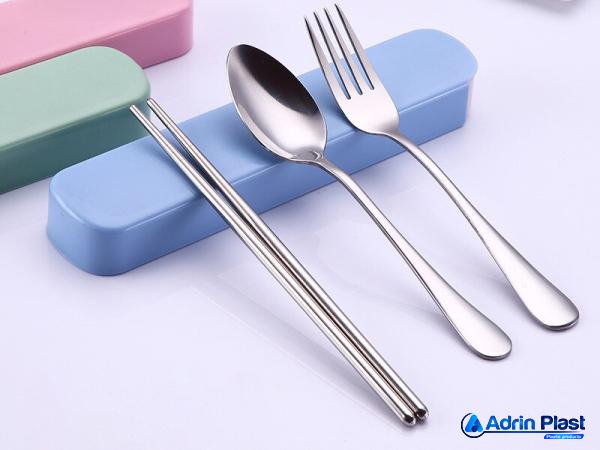
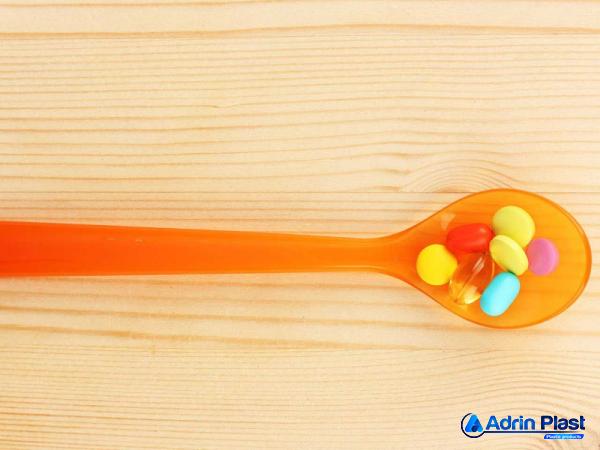
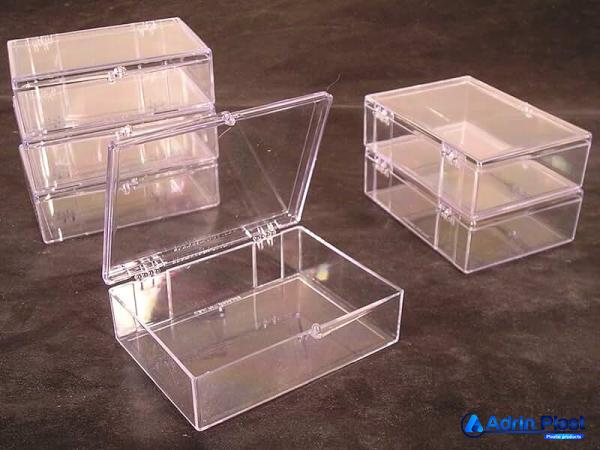
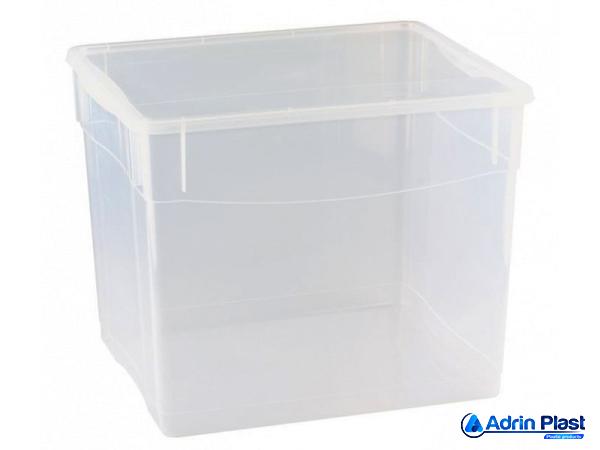
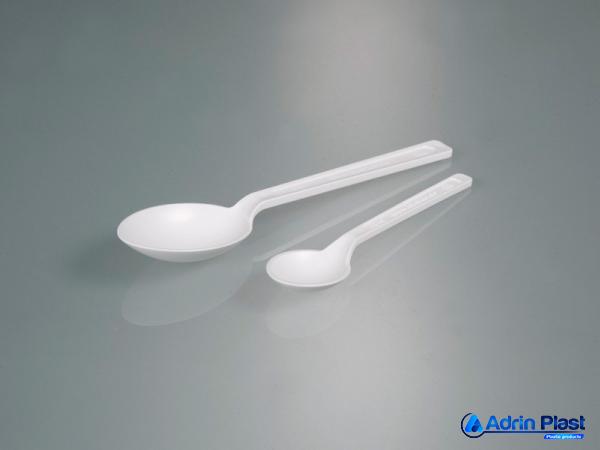
Your comment submitted.